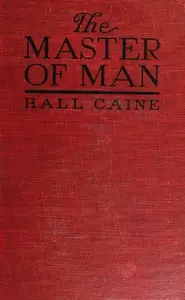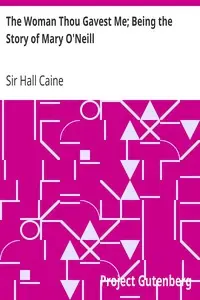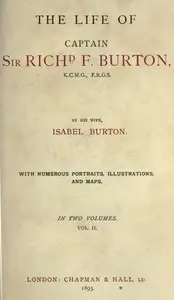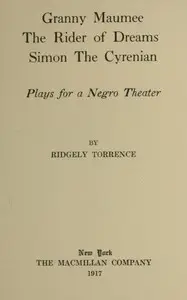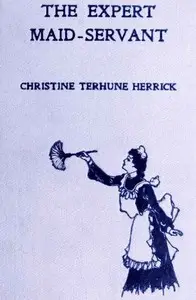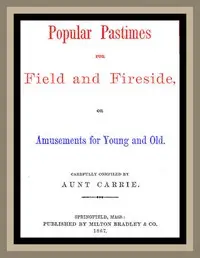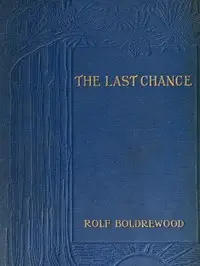"The Scapegoat" by Hall Caine is a novel written during the late 19th century. The story is set against the backdrop of Morocco in the time of tyranny and corruption, focusing on the life and struggles of Israel ben Oliel, a Jewish man in a land fraught with injustice and oppression. As he navigates the challenges of his identity and societal roles, the narrative delves into themes of love, loss, and the quest for belonging in a world divided by belief and culture. At the start of the novel, we are introduced to Israel ben Oliel, who grows up under the shadow of his father's wealth and oppressive family dynamics in Tangier, Morocco. After his mother’s death, Israel is abandoned to the care of his indifferent uncles in England, leading to a harsh upbringing. He returns to Morocco at the request of his estranged father, only to find himself cast aside and at odds with both his Jewish community and the Muslim population. The opening chapters highlight Israel's trials as he attempts to reclaim his legacy, the deepening complexities of his marriage to Ruth, and their longing for a child. The narrative evokes a powerful emotional landscape, illustrating the harsh realities of life in Morocco while also setting the stage for Israel's eventual transformation and the impact of personal choices in a world of harsh adversity. (This is an automatically generated summary.)

The Scapegoat
By Hall Caine
"The Scapegoat" by Hall Caine is a novel written during the late 19th century. The story is set against the backdrop of Morocco in the time of tyranny...
Sir Thomas Henry Hall Caine, usually known as Hall Caine, was a British novelist, dramatist, short story writer, poet and critic of the late 19th and early 20th century. Caine's popularity during his lifetime was unprecedented. He wrote 15 novels on subjects of adultery, divorce, domestic violence, illegitimacy, infanticide, religious bigotry and women's rights, became an international literary celebrity, and sold a total of ten million books. Caine was the most highly paid novelist of his day. The Eternal City is the first novel to have sold over a million copies worldwide. In addition to his books, Caine is the author of more than a dozen plays and was one of the most commercially successful dramatists of his time; many were West End and Broadway productions. Caine adapted seven of his novels for the stage. He collaborated with leading actors and managers, including Wilson Barrett, Viola Allen, Herbert Beerbohm Tree, Louis Napoleon Parker, Mrs Patrick Campbell, George Alexander, and Arthur Collins. Most of Caine's novels were adapted into silent black and white films. A. E. Coleby's 1923 18,454 feet, nineteen-reel film The Prodigal Son became the longest commercially made British film. Alfred Hitchcock's 1929 film The Manxman, is Hitchcock's last silent film.





